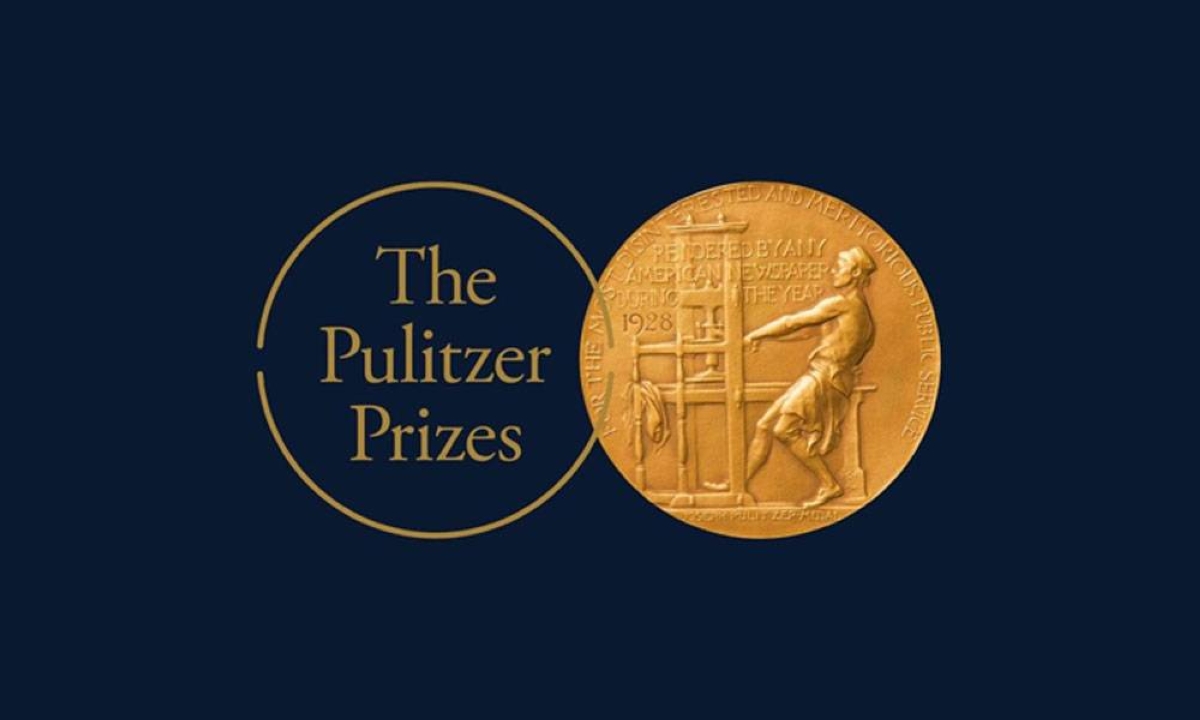New York: Pulitzer Prizes Recognize Coverage of Gaza Conflict
The Pulitzer Prizes, awarded on Monday, highlighted the war in Gaza and its impact on journalism. Among the recipients was The New York Times, which received a Pulitzer in international reporting for its extensive coverage of Hamas’s deadly attack in southern Israel on October 7. The newspaper also earned recognition for its reporting on the Israeli military’s response to the attack, which was described as “sweeping” and “deadly.”
Reuters was another notable winner, receiving the award for breaking news photography. The organization’s coverage of the October 7 attack and the subsequent Israeli response was commended for its rawness and urgency. Additionally, a special citation was given to journalists and media workers who covered the war in Gaza, acknowledging their invaluable contributions in documenting the human experience during the conflict.
The Pulitzer committee emphasized the significance of the war by stating, “This war has also claimed the lives of poets and writers.” As the Pulitzer Prizes honor categories of journalism, arts, and letters, the committee recognized the loss of these individuals who played a vital role in capturing and conveying the human stories within the conflict.
In addition to the coverage of the Gaza conflict, the Pulitzer Prizes also acknowledged the efforts of Vladimir Kara-Murza, a Russian opposition politician and Washington Post contributor. Despite being jailed, Kara-Murza was recognized for his passionate columns, written at great personal risk from his prison cell, warning of the consequences of dissent in Vladimir Putin’s Russia and advocating for a democratic future for his country. Kara-Murza is currently serving a 25-year jail sentence on charges of “treason” after publicly condemning Russia’s actions in Ukraine.
The awards ceremony, held at Columbia University, took place amidst controversy surrounding the university’s response to pro-Palestinian protests. Columbia University faced backlash for calling in the police to disperse the protesters, with media access to the scene being heavily restricted. Student journalists covering the events were threatened with arrest, and the university demanded the surrender of videos and photos from the student newspaper editors.
Alongside the recognition of the Gaza conflict and Kara-Murza’s activism, the Pulitzer Prizes also celebrated the work of journalists who reported on important social issues within the United States. These included investigations into migrant child labor, racial disparities within the legal system, and gun violence.
In the realm of literature, author Jayne Anne Phillips received the fiction prize for her novel “Night Watch,” which explores the experiences of a mother and daughter during and after the US Civil War. The nonfiction prize was awarded to Nathan Thrall for his book “A Day in the Life of Abed Salama: Anatomy of a Jerusalem Tragedy.” Thrall’s work provides a finely reported and intimate account of life under Israeli occupation in the West Bank, focusing on the story of a Palestinian father whose five-year-old son tragically dies in a school bus crash, further complicated by delayed rescue efforts due to security regulations imposed by both Israeli and Palestinian authorities.
The Pulitzer Prizes serve as a testament to the importance of journalism and storytelling in capturing the complexities of global conflicts and social issues. They shine a light on the dedication and bravery of journalists who risk their lives to report on events around the world, as well as the power of literature to illuminate the human experience.
Source: The Manila Times








